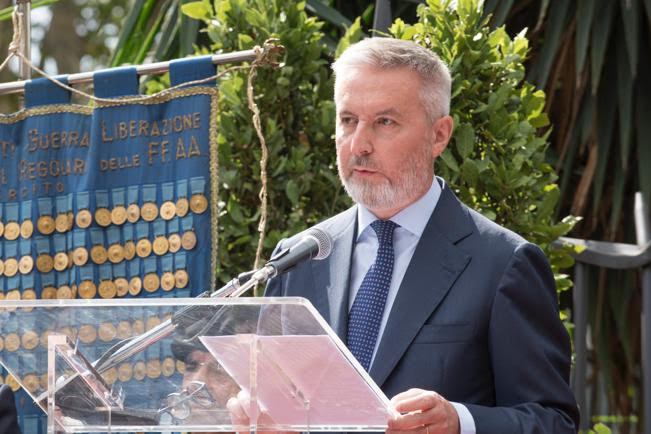“Italy is strongly active in the Sahel, and on behalf of the government I can undoubtedly renew the commitment to take part in initiatives for the area’s stability and security.” Thus spoke Lorenzo Guerini, Italian defence minister, at the virtual International Coalition for the Sahel meeting held on Wednesday.
The videoconference was centred on the situation in Mali following the coup that happened there on August 18th. Army officials who call themselves the National Committee for the Salvation of the People (CNSP) toppled the government and have been leading the country since.
Following condemnation on behalf of the African Union and the European Union, as well as international backlash including UN sanctions on CNSP members and the US freezing military collaboration, the Malian army has since released former president Ibrahim Boubacar Keita, whom they had imprisoned at gunpoint and forced to resign.
CNSP members have stated that they intend to oversee a democratic transition period that they said would last a “reasonable amount” of time, which would be three years. West African countries (the ECOWAS bloc) are insisting that this timespan should be reduced to one year.
Meanwhile, international operations are still underway in the northern and central areas of the embattled country, still rife of extremist militants and terror organisations (such as the Islamic State) that undermine the stability of the Sahel region, with a knock-on effect on Northern Africa.
France is the most active foreign power in the Sahel with operation “Barkhane”, which is flanked by EU operation “Takuba”, still under deployment. They both operate jointly with the International Coalition for the Sahel, made up of Western powers and the Sahelian countries Burkina Faso, Chad, Mali, Mauritania, and Niger. Covert Russian and Turkish forces are suspected to operate in the region, too, albeit with different objectives.
“The recognition of the presence and contributes of international partners fighting terrorism lays the foundation for an effective continuation of our support to Malian security forces,” said Mr Guerini, who also noted that “a continuous evaluation of the situation is appropriate”.
Only a sustained dialogue between all of the parties in Mali can lead to an effective democratic transition, argued the minister in underlining how this is the only way the international community can expect to fully resume its activities and efforts in the country.
Mr Guerini also stressed that the international forces must be “scrupulous and considerate” in their actions, so as to not undermine the efforts to stabilise the region. He then pointed out that the Coalition will continue to operate only if the necessary assurances on behalf of the CNSP are provided. One of these was, in fact, the release of the former president.
Defence ministers from Belgium, France, Canada, Czech Republic, Estonia, Finland, Germany, Greece, Italy, Norway, Portugal, Spain and Sweden attended the meeting, as well as representatives from Denmark, Finland, the Netherlands, the US, the EU and the UN. Jean-Pierre Lacroix, UN Under-Secretary-General for Peace Operations, opened the talks together with the French defence minister Florence Parly.








